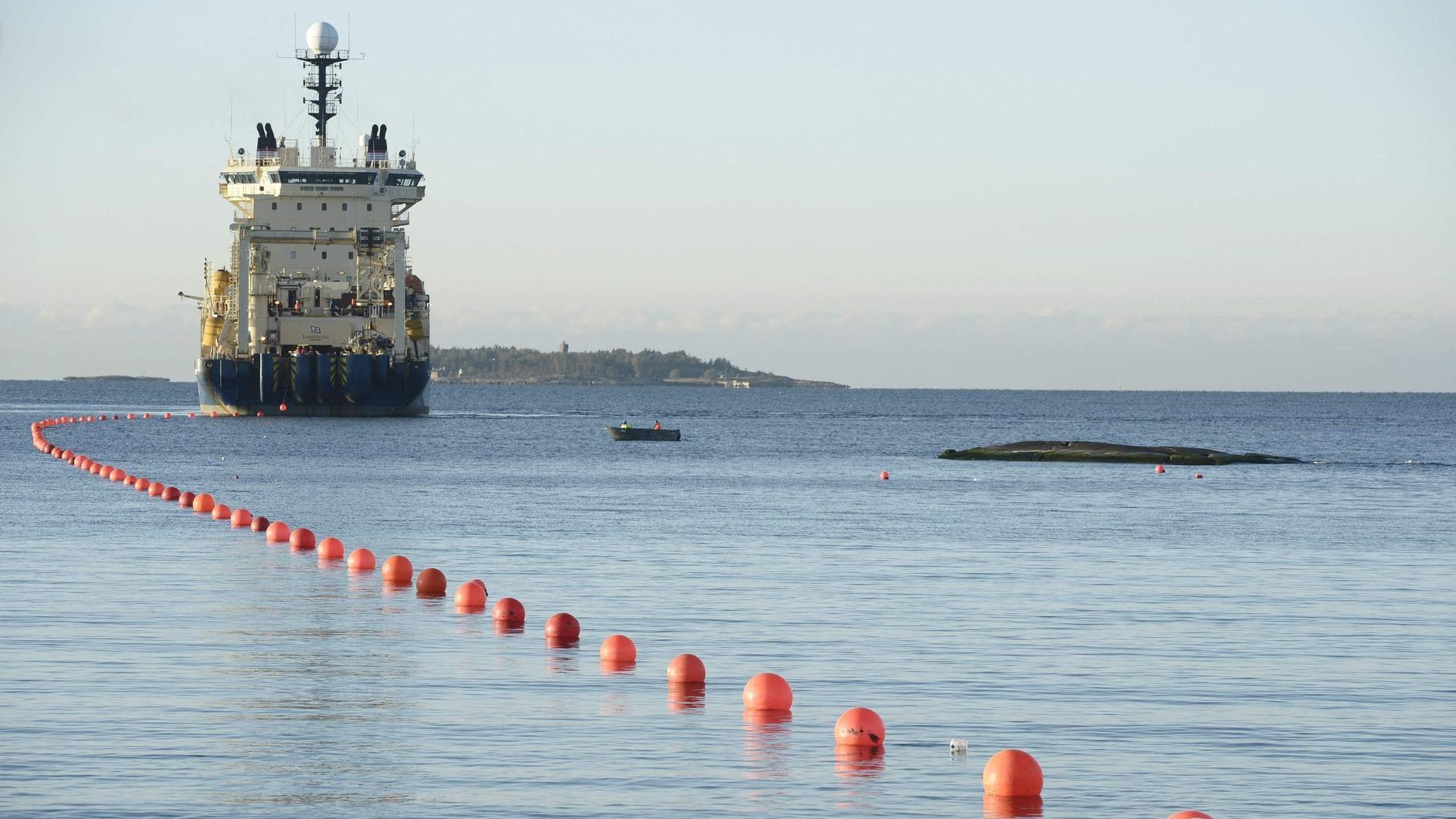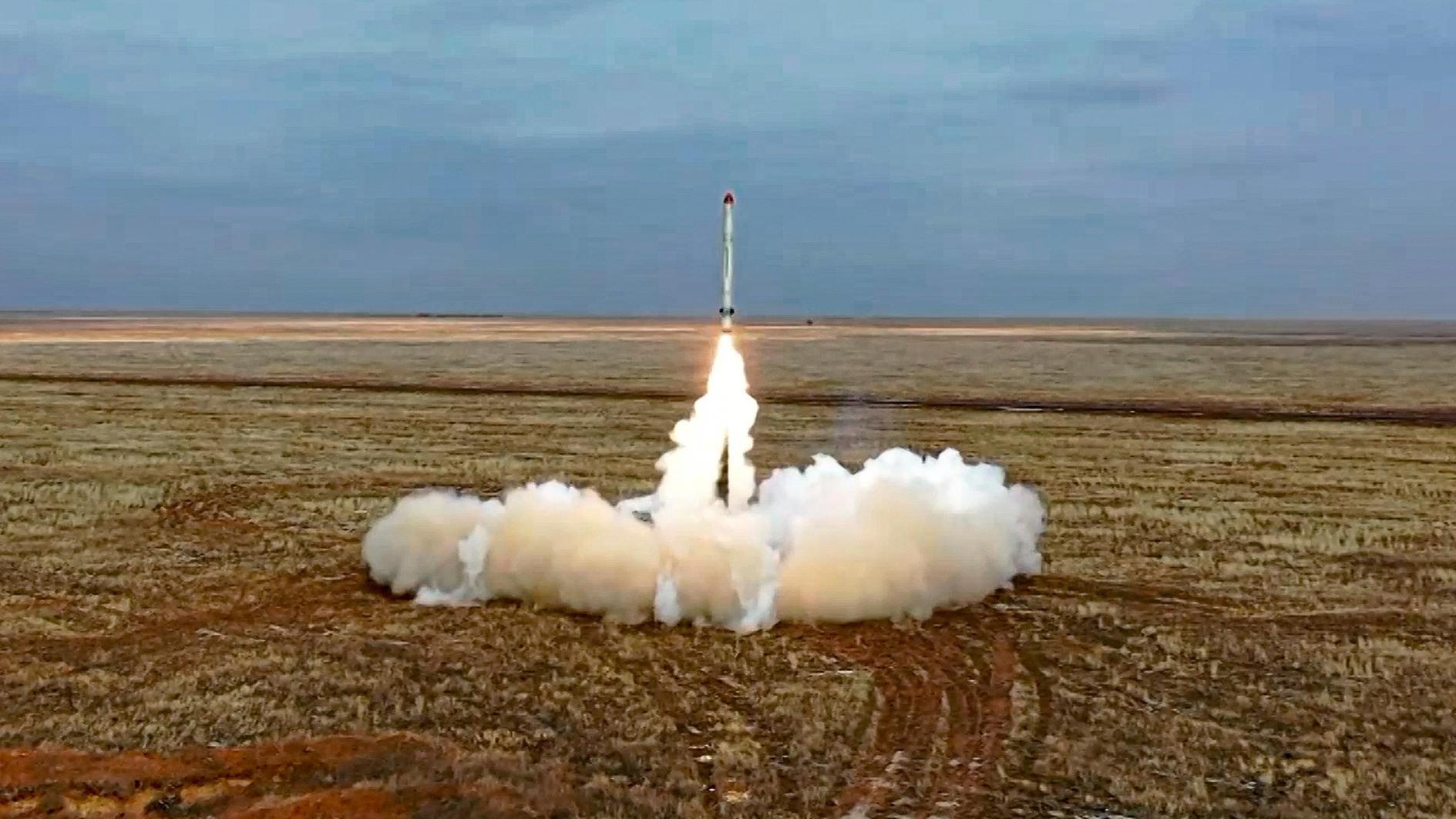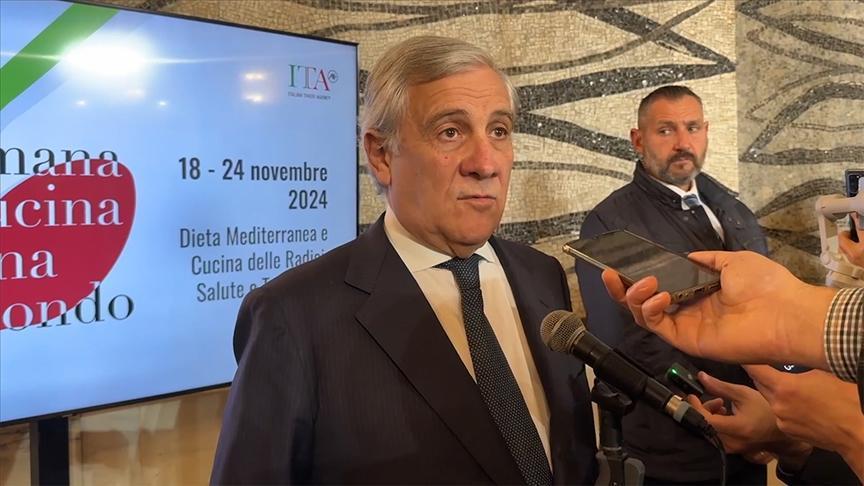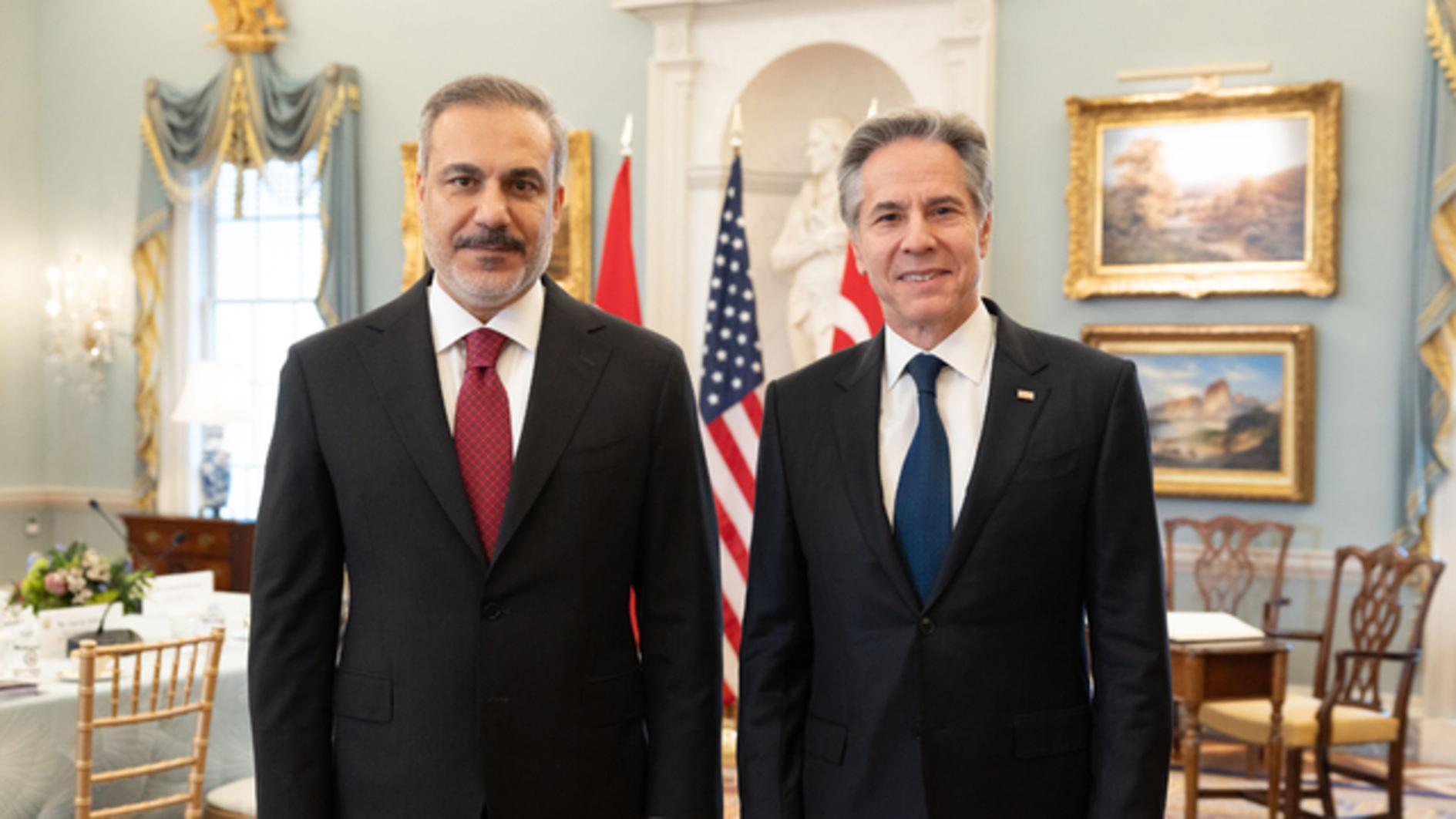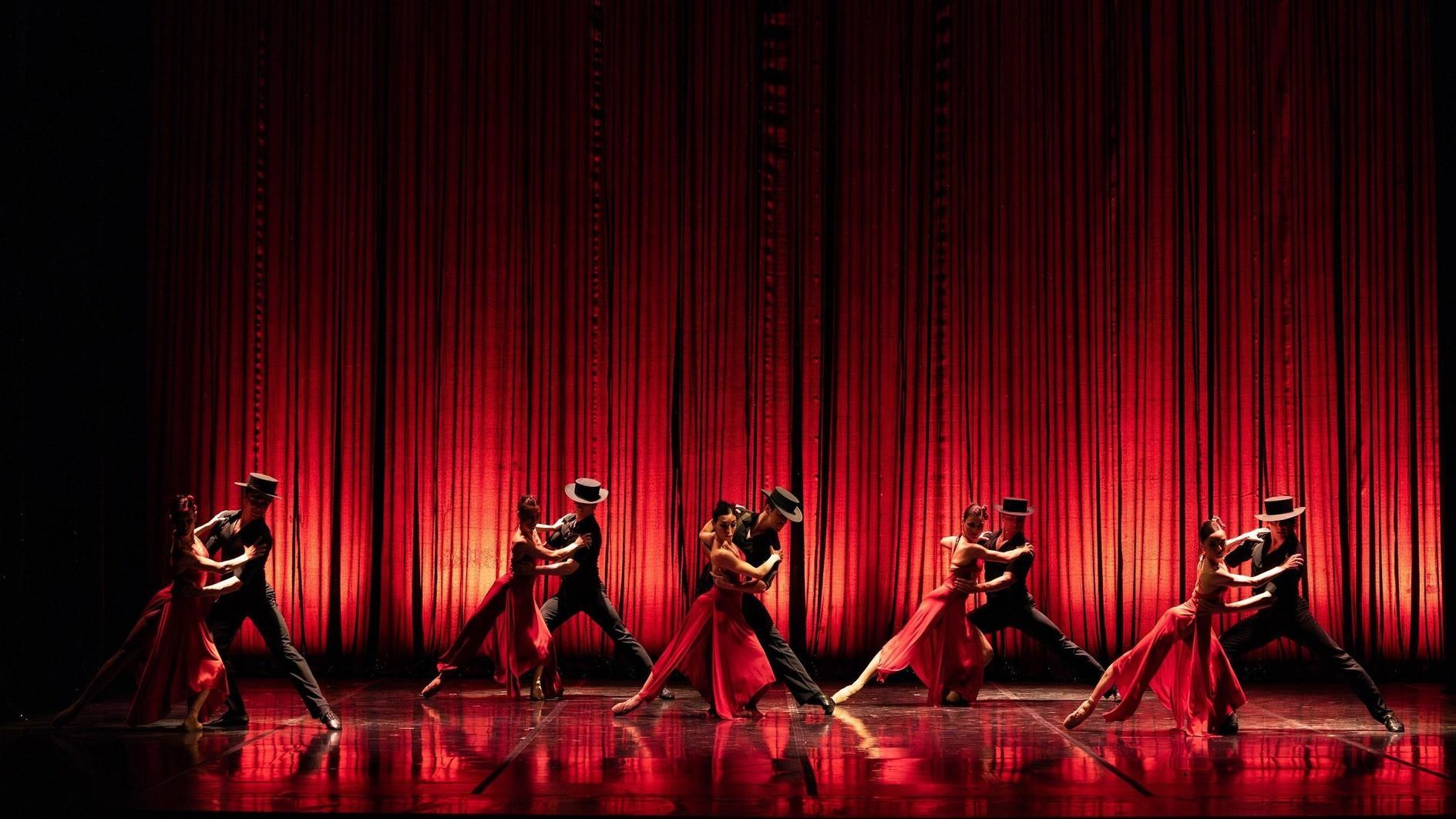It’s easier to break than make something
President Recep Tayyip Erdoğan’s plans for keeping opposition parties out of government and driving Turkey to an early election appear to be working. Despite this appearance, the likelihood that he will get his way in a new election remains uncertain at the very least, and unlikely at best. Early polling - the latest survey was by Metropoll, whose findings Erdoğan and the Justice and Development Party (AKP) have relied on in the past - show that if an election is held on Nov. 1, the results will be much the same as in the June 7 vote.
Metropoll’s most important prediction is that the pro-Kurdish Peoples’ Democratic Party (HDP) will again pass the 10 percent electoral threshold. It was indeed the HDP that upset Erdoğan’s plans in the June elections. He had banked on a strong turnout for the AKP in order to change the constitution and make him Turkey’s sole leader.
Erdoğan’s plan now, helped by the upsurge in violence between the security forces and the Kurdistan Workers’ Party (PKK), is to scare people away from the HDP and back toward the AKP. However, given the rise in anti-Kurdish sentiment among nationalist Turks due to the killing of soldiers and policemen by the PKK, many believe that it is unlikely the AKP can regain the Kurdish vote that it attracted in years prior to the June election.
The reason why Kurds thronged to the AKP in the first place is because it initiated a peace process with the PKK and addressed some of their key cultural demands. By breaking a host of taboos on the Kurdish question, Erdoğan and the AKP appeared to be the only party offering hope to the Kurds. Given that most Kurds are devout Muslims, the AKP’s Islamist orientation was also appealing to many of them.
With the Kurdish peace process now in the doldrums, if not dead as many argue, and the security-based policies currently being reinstalled in the predominantly Kurdish regions of eastern and southeastern Turkey, it is not clear how the AKP hopes to regain the confidence of Kurds. In the absence of any other viable party to represent them, the Kurds have little choice but to close ranks around the HDP.
There are those who are now calling for the HDP to be banned because it has not condemned the PKK with the vehemence they want. This would also suit Erdoğan, even if he claims that he is against the banning of political parties as such attempts were made against the AKP in the past. Banning the HDP’s predecessors, however, never worked. They always came back under another name and grew until they managed to obtain the historic result they did in the June election. It does not need much imagination to consider the turmoil that would result from banning a party that garnered 13 percent of the overall vote in elections.
What happens if the AKP manages to get just enough votes in November to form a government on its own, but not enough to change the constitution? This would mean a weak government that is at Erdogan’s beck and call, but who’s every move will be contested in parliament. It would also mean upheavals as Turkish and Kurdish protestors take to the streets, even if they do so for different reasons.
More crucially, what will happen if the results of the early election are much the same as the results of the June election? This may not be a possibility that Erdoğan is willing to consider now, but it is very likely to be what he will have to face in a little over two months. In other words, prospects for domestic peace and political stability, and a return to levels of economic growth that gives confidence to investors, appear distant as long as Erdoğan pursues his apparently unquenchable thirst for power.
Erdoğan is proving again that it is easier to break something than to make something, especially if all you have to work with ultimately are the pieces of what you broke in the first place.



